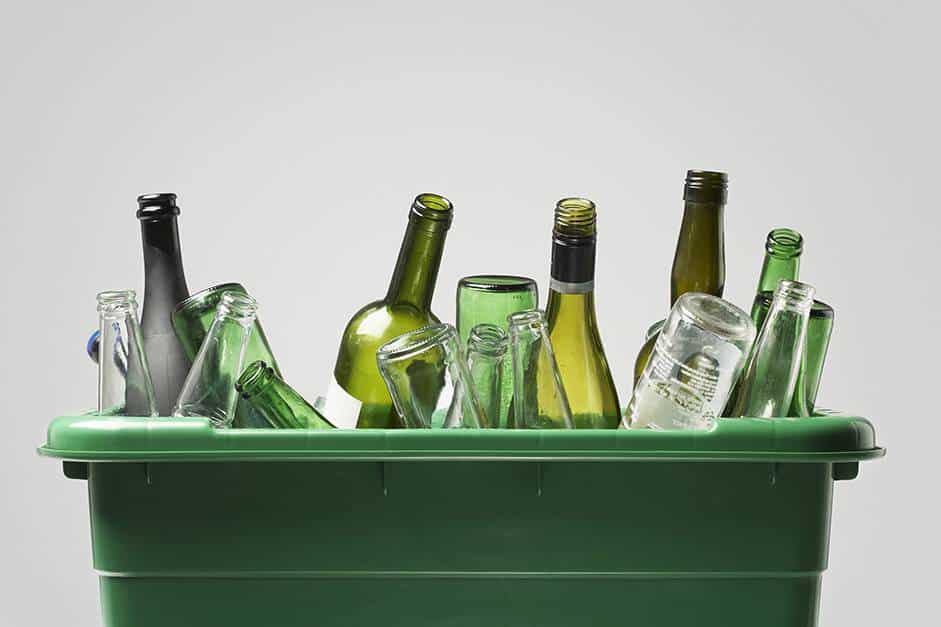GLASS recycling could be coming to Tunbridge Wells the council have announced – but not until 2019.
Prohibitive costs are preventing the local authority from introducing the long demanded service beforehand members of the Cabinet were told on Thursday (April 13) as they voted to approve putting a new collection contract out to tender.
At the moment residents are expected to take their class waste to bottle banks dotted at various places across the borough, but an audit of residential bin waste found just over five per cent of it glass.
By providing a kerbside collection service for glass, the council will also be aided in meeting its target of a 50 per cent recycling rate. The current rate stands at 46 per cent.
The current bottle bank system does have the advantage of letting residents sort their glass into the various colours – a prerequisite for efficient recycling. However, council documents state the borough currently lacks ‘local high-tech facilities for the for the colour sorting of glass’ which will limit the available uses of the material collected.
Cllr Tom Dawlings said during the cabinet meeting there was no way to get the system running earlier ‘without incurring significant costs’.
In addition to kerbside glass collection, the council wants the new contract to include the provision of food waste collection. Audits found 35 per cent of all waste is discarded food.
Council documents state the spate collection of food waste can ‘increase recycling rates and save money on disposal costs.’ If collection of garden waste is also given the go-ahead, it may end up being ‘chargeable’ service.
The council will also explore the option of working on joint procurement of the service with Tonbridge and Malling council and Dartford council whose contracts for waste collection also run out in 2019.
However, documents note: “There is a risk attached to the equalisation of differing collection costs across those authorities in a partnership. But there are also opportunities for efficiencies and for a reduction in disposal costs from increased recycling rates which can be shared.”








